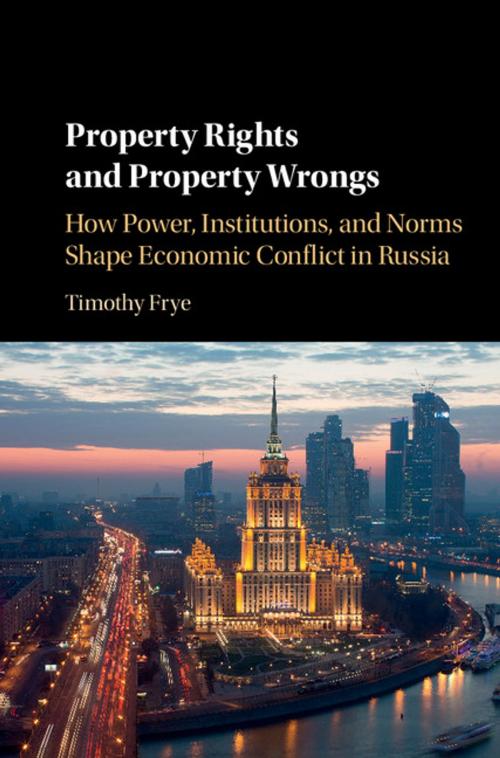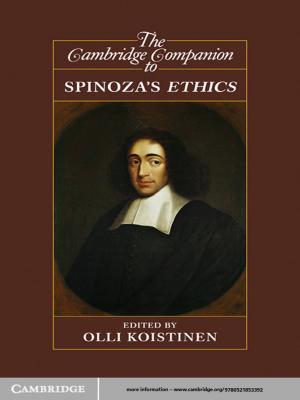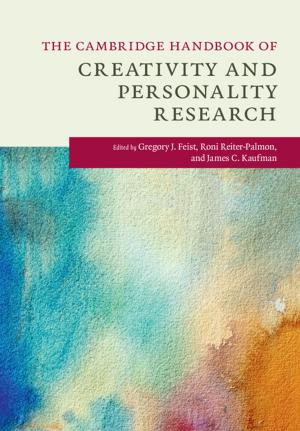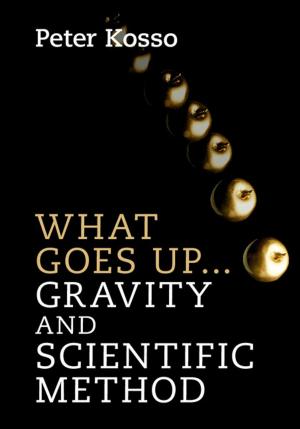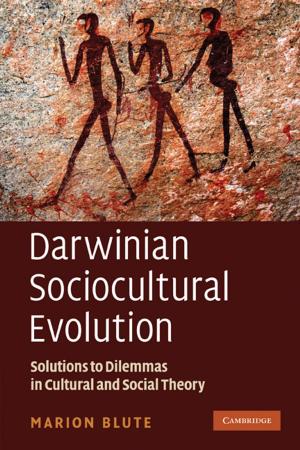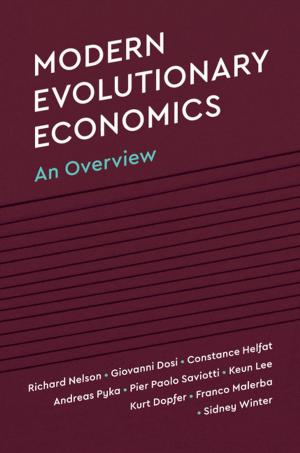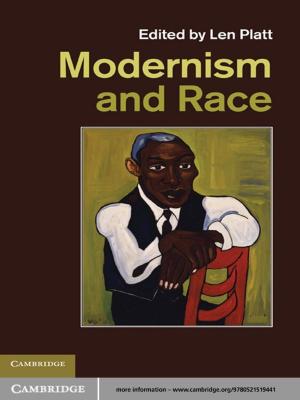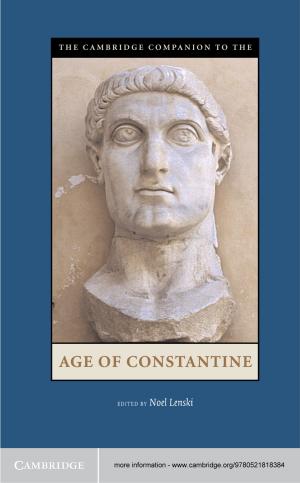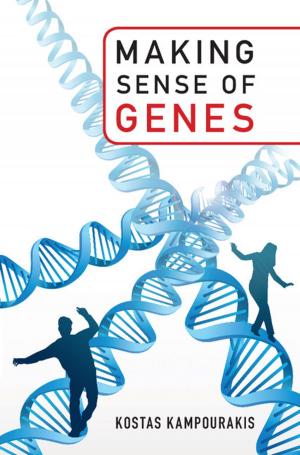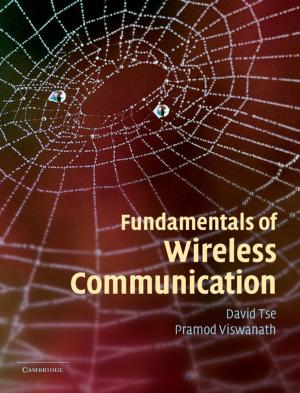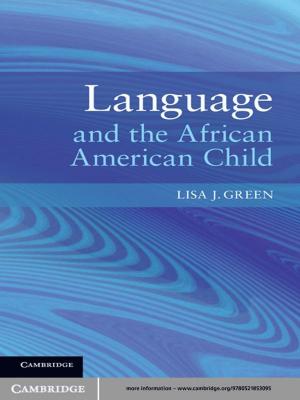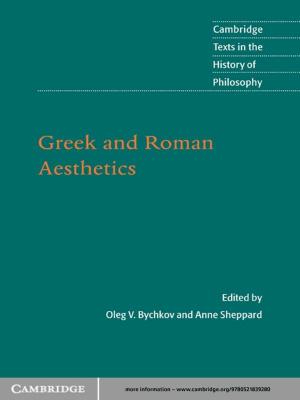Property Rights and Property Wrongs
How Power, Institutions, and Norms Shape Economic Conflict in Russia
Nonfiction, Social & Cultural Studies, Political Science, International| Author: | Timothy Frye | ISBN: | 9781108238946 |
| Publisher: | Cambridge University Press | Publication: | March 24, 2017 |
| Imprint: | Cambridge University Press | Language: | English |
| Author: | Timothy Frye |
| ISBN: | 9781108238946 |
| Publisher: | Cambridge University Press |
| Publication: | March 24, 2017 |
| Imprint: | Cambridge University Press |
| Language: | English |
Secure property rights are central to economic development and stable government, yet difficult to create. Relying on surveys in Russia from 2000 to 2012, Timothy Frye examines how political power, institutions, and norms shape property rights for firms. Through a series of simple survey experiments, Property Rights and Property Wrongs explores how political power, personal connections, elections, concerns for reputation, legal facts, and social norms influence property rights disputes from hostile corporate takeovers to debt collection to renationalization. This work argues that property rights in Russia are better seen as an evolving bargain between rulers and rightholders than as simply a reflection of economic transition, Russian culture, or a weak state. The result is a nuanced view of the political economy of Russia that contributes to central debates in economic development, comparative politics, and legal studies.
Secure property rights are central to economic development and stable government, yet difficult to create. Relying on surveys in Russia from 2000 to 2012, Timothy Frye examines how political power, institutions, and norms shape property rights for firms. Through a series of simple survey experiments, Property Rights and Property Wrongs explores how political power, personal connections, elections, concerns for reputation, legal facts, and social norms influence property rights disputes from hostile corporate takeovers to debt collection to renationalization. This work argues that property rights in Russia are better seen as an evolving bargain between rulers and rightholders than as simply a reflection of economic transition, Russian culture, or a weak state. The result is a nuanced view of the political economy of Russia that contributes to central debates in economic development, comparative politics, and legal studies.
